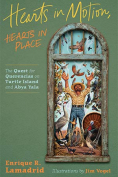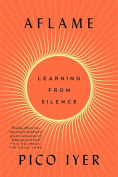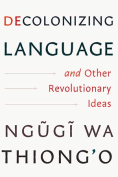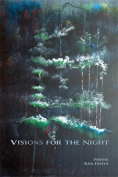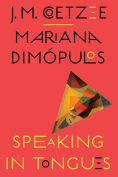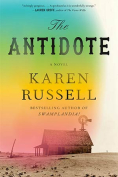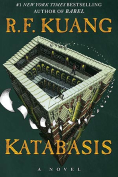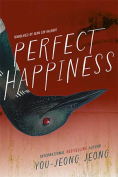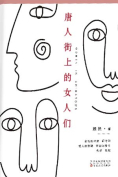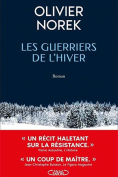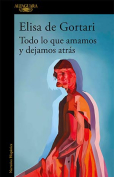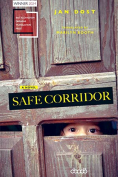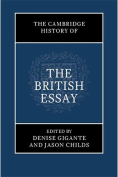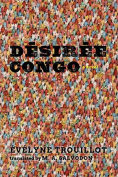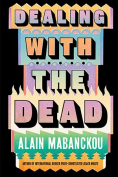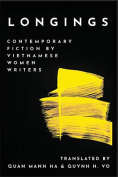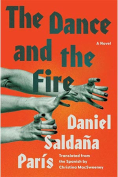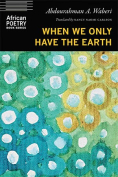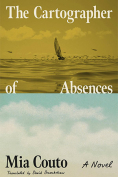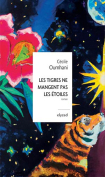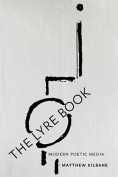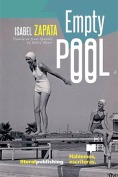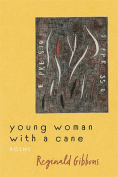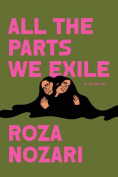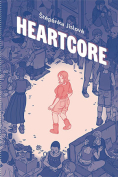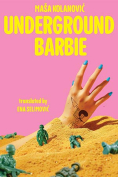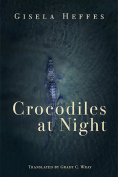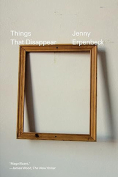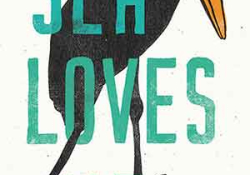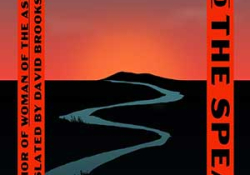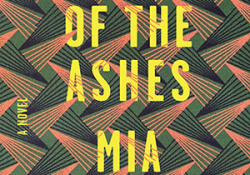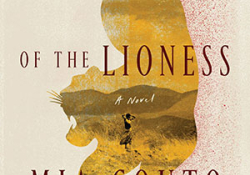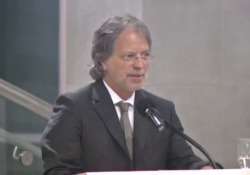The Cartographer of Absences: A Novel by Mia Couto
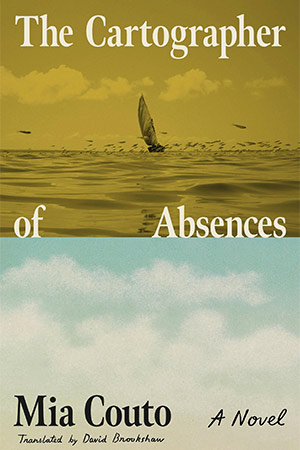
New York. Farrar, Straus & Giroux. 2025. 320 pages.
The often-fraught search for self is sometimes just a masquerade written under the fragile narrative arc of making a journey back home. Is it even possible to ever retrieve memories long forgotten or purposely buried? The revered seventy-year-old writer Mia Couto seems to think we don’t remember as much as we think we do; we create alternative realities, forgetting what frightens us and inventing much of the rest.
The elusive and sketchily drawn characters in his new autobiographically laced novel, The Cartographer of Absences, begins with protagonist Diogo Santiago, a poet and professor in Maputo, Mozambique, returning to his childhood home in Beira, where decades ago he and his father witnessed a heinous massacre by the Portuguese secret police as his father attempted to help the wounded and the dead. Couto’s Diogo doesn’t feel fully formed; there is something about him reminiscent of Mia Couto himself, who has often said he lives on the borderlines of many disparate identities, once describing himself as a “white man with a black soul.”
As a child, Diogo recalls playing with the children in his neighborhood. They were all Black children who welcomed him into their embrace with a joyous abandon that moved him. His parents approved of his wanderings, but the family was the target of malicious gossip by some of the other whites, who disapproved of such fraternizing. The colonial straitjacket Portugal held over Mozambique was wobbling; rebellion was in the air.
Couto’s novel reminds us of the mind games we play with our memories, often distorting the truth to accommodate our discomfort. We learn little about where Diogo has come from, knowing only that he has left a hapless marriage. There was a solemnity that encompassed him, and Couto allows his first-person narrator to reveal to us his sense that “one wrong step and I ran the risk of sinking into darkness. This is my illness: I have no memories left, all I have are dreams. I am an inventor of lost memories.”
Diogo has spent the last decade languishing in his poetry and the books he cherishes and has trouble recalling how his father died, a half-broken man, from the risks he took trying to save Mozambique’s native population from the tyranny they were under. Couto doesn’t seem to possess his father’s bravado, or perhaps he found it reckless and foolish. We are never sure which. What is clear is that Couto feels no compulsion to align himself with any absolute truths, finding the entire concept untrustworthy.
Diogo’s encounters with others in Beira seem staged at times, almost surreal. Conversations quickly fade into long, uncomfortable silences. He feels many are lying to him or perhaps have come to believe the deceptions they are spouting. A love interest named Liana keeps appearing and disappearing without explanation. She seems to know things he might want access to. Couto tries to explain the state of limbo Diogo finds himself in. Diogo has trouble sleeping, explaining how “strange creatures parade through my head while the keys rise and fall automatically like pendulums.” He meets with neighbors he has long forgotten who remember his parents more vividly than he does and finds the role of being a witness to their memories troubling. How can he be sure what he is being told is true? What secrets are they holding back from him? Without saying so, we sense he finds history’s rampages overwhelming in their destructive force and ultimately meaninglessness. He has never doubted the capacity of man to hurt others indiscriminately. It is only when he meets his old houseboy, Benedito, who had been like a brother to him and is now grown, do feelings of guilt, shame, and buried pain erupt into his studied stasis. He tries to apologize, but Benedito doesn’t want an apology; nor does he offer him any sort of benediction. He has moved on.
We finish this haunting and perceptive novel aware that memory or bearing witness might not be the only essential ingredients in coming to terms with the past. It is too unreliable and fades into altered reincarnations with time despite our best efforts to cling to it. But we inhale our parents’ trauma whether it is spoken of or not; it is genetically coded inside of us, and we will likely unwillingly pass it along to our own children. Perhaps that is what has driven Diogo home, despite his fuzzy confusion about all that has transpired. He was drawn to Beira, the Beira of Mozambique—a country he loves with the fullness of his wounded heart. (Editorial note: The January 2015 issue of WLT includes a cover feature about Couto as the winner of the 2014 Neustadt International Prize for Literature.)
Elaine Margolin
Merrick, New York

